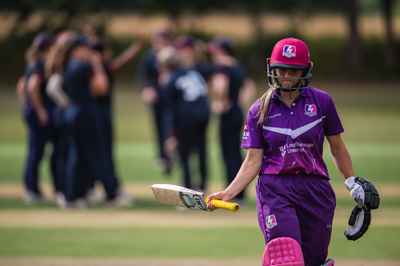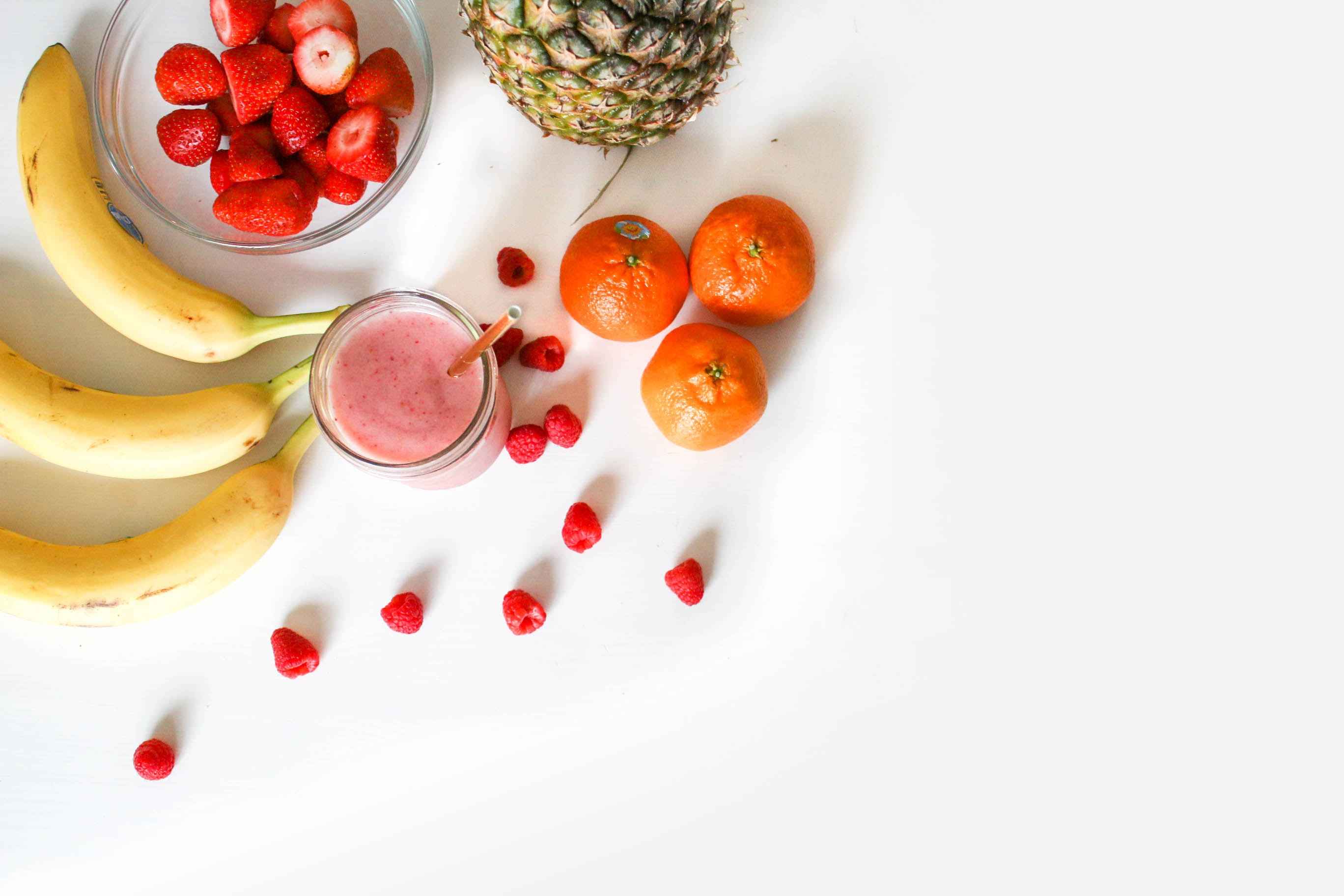Platform Preview
Proper nutrition before training sessions (and competitions) can make all the difference to an athlete’s performance. But the main priority is that they consume enough food throughout the day to ensure that enough ‘fuel’ is available for the exercise they’re about to embark on.
Carbohydrates will be their primary source of easily accessible energy, so it’s important that these features are included in their meals throughout the day.
If they are at school beforehand, make sure they have access to healthy, energy-dense foods that are ideally not too high in fat. If eaten close to exercise, this can cause sluggishness, which is far from ideal.
Athletes eating school dinners are obviously at the mercy of whatever is provided, so sending them armed with healthy snacks will likely be a good move.
Snacks
Pre-training snacks like fruit, sandwiches, cereal with milk, granola bars, or smoothies, for example, can provide helpful energy ‘top-ups’. Closer to their training session or match, these snacks should be lower in fibre as this can cause digestive issues during exercise (so, in this instance, white bread sandwiches will actually be a better option than brown!)

Timing
Getting the timing of food intake right is essential to allow adequate time for digestion and ensure energy availability whilst also helping to avoid ‘tummy problems’.
As a rough rule:
- A meal (e.g. spaghetti bolognese or pasta bake) should be consumed at least 3 hours before training.
- Pre-training snacks (e.g. a sandwich and a glass of milk) can be consumed 1 - 2 hours before training.
Hydration
One of the most important pre-training nutrition guidelines concerns hydration. Dehydration negatively impacts performance, so making sure your athlete understands this is a good way to ensure they take hydration seriously.
Before training, encourage them to have regular sips of water. Water is by far the best option before, during, and after exercise and ensuring they have easy access to it at all times is absolutely essential, especially during warmer weather. See our Hydration lesson for a more detailed account.
How You Can Help
Ensuring your athlete has access to appropriate pre-training nutrition is a surefire way of helping them get the most out of each and every session through enhanced endurance, the ability to recover optimally and a reduced risk of injury. This will also assist their overall growth and development.
Providing well-balanced, healthy, and energy-dense meals and snacks will ensure they have the energy and nutrients needed to perform at their best. Although more time-consuming to prepare, 'real food', i.e., food made from scratch, will always be preferable to ultra-processed alternatives.
Involving your athlete in meal planning and preparation teaches them the importance of proper nutrition while introducing accountability and a degree of control and choice.
Take Home Points
-
On training days, help them to keep their “fuel gauge on GREEN” by providing breakfast and lunch with good carbs, protein, and fats.
-
Provide a substantial healthy snack 2-3 hours before training plus a smaller snack 1 hour before training.
-
Foods containing relatively low fat and fibre are best in the 1-2 hours before training, e.g. a white bread sandwich instead of one made from wholemeal bread.
-
Remember: Athletes respond differently to different foods, timings, etc. What works for one athlete might not work for another. Find what works/doesn’t work.
-
Remind them that pre-training hydration is essential for good performance.
If you've found this information helpful, we've created The Athlete Place, our athlete-specific platform that will inform, motivate and inspire your athlete...
Evidence-Based Research
Our content is supported by:
-
American College of Sports Medicine, 2000. Nutrition and athletic performance. Med. Sci. Sports Exerc., 32, pp.2130-2145. (View Paper)
-
Litt, A.S., 2004. Fuel for young athletes. Human Kinetics. (View Book)
-
Purcell, L.K., Canadian Paediatric Society and Paediatric Sports and Exercise Medicine Section, 2013. Sport nutrition for young athletes. Paediatrics & child health, 18(4), pp.200-202. (View Paper)
Visit Performance Canteen's Website







